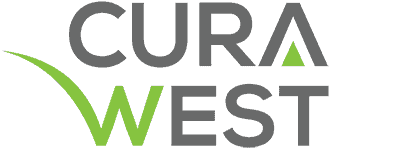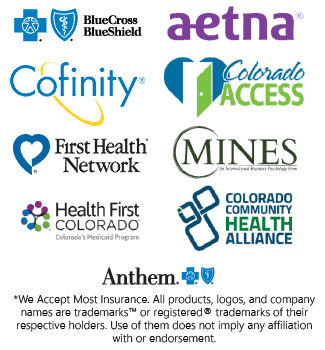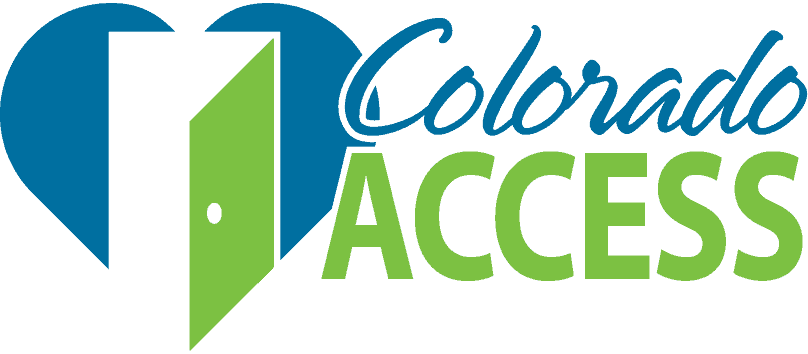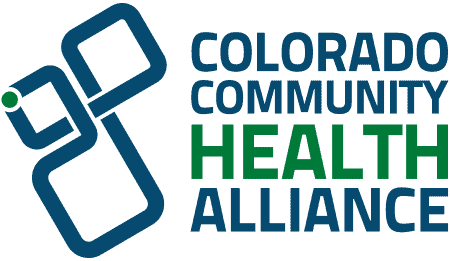Addiction Recovery Services
Relapse Prevention Training
Relapse Prevention Training
The main priority of every addiction treatment program is to instill a person with the coping mechanisms they need to stay sober long after treatment concludes. Relapse prevention is a crucial component of every level of clinical care, from medically monitored detox and residential treatment through aftercare. At CuraWest we place a strong emphasis on relapse prevention training, helping our clients learn to identify and work through their personal relapse triggers. Relapse prevention training services are provided in an individual and group therapy setting, and skills are implemented in honed during recreational outings and experiential therapy. As clients progress through their personal treatment journeys, they add more relapse prevention skills to their arsenals; tools they can turn to when they find themselves in challenging situations in the future.
We help lay a solid foundation for lasting sobriety while providing each of our individual clients with the tools and resources necessary to continue on to the next appropriate level of care. To learn more about CuraWest and the integrated addiction services we provide, contact us today.
The Stages of Relapse
When a person who is in recovery experiences a relapse, it simply means they return to drinking or drug use after a period of sobriety. However, a person who is solid in their recovery doesn’t simply pick up a drink one day; relapse occurs in three stages. At CuraWest we teach our clients to identify personal relapse warning signs during each of these stages, and take the necessary steps to reverse the symptoms which precede a relapse before a full-blown return to substance use occurs.
The Three Stages of Relapse:
- Emotional Relapse – During this stage of the relapse process a person is not thinking about picking up a drink or a drug. Instead, they begin to act in uncharacteristic ways. They might experience mood swings marked by agitation and irritability, sleep odd hours, engage in increased social isolation or start skipping recovery meetings.
- Mental Relapse – During this stage of the process the person starts to think about picking up their substance of choice. They might glamorize past substance use, reach out to friends that they used drugs with in the past or minimize the consequences of past use. Many people who find themselves in the mental stage of relapse start to bargain with themselves, saying things like, “If I just drink on Friday nights no one has to know,” or, “I’ll just take one hit, no more.”
- Physical Relapse – During this stage of the process the person physically picks up a drink or a drug. If relapse prevention training was thorough, it is possible to successfully catch a relapse during this stage and prevent it from escalating.
We Are Here For You
Let Us Help You Heal
Our Drug & Alcohol detoxification experience is second to none.
Learn how we can help by speaking with one of our Treatment Advisors today.
Relapse Prevention & Early Sobriety
Relapse prevention is an important part of our treatment program, seeing as the period of time directly following inpatient treatment is when a person who is new to sobriety is the most vulnerable to relapse. During the first few months of addiction recovery the brain has not had adequate time to rewire.
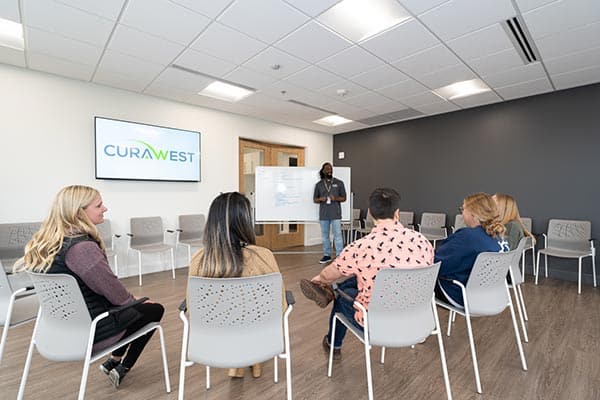
A person who is new to sobriety still experiences psychological cravings for their substance of choice. This is part of the reason why making a quick and seamless transition from detox into the next appropriate level of clinical care is so important. Early recovery can also be an emotionally tumultuous time, which often makes it difficult to navigate. After numbing out all feelings (good and bad) for a prolonged period of time, the person experiences a flood of emotions that can be overwhelming. This is why it is so crucial to have a solid set of relapse prevention techniques in place.
Effective Relapse Prevention Techniques
- Engaging in self-care. Self-care is extremely important to early recovery. People who engage in self-care get enough sleep every night, eat three nutritious meals every day, exercise regularly and do what they need to do to keep their sobriety intact (meet with an individual therapist, make recovery meetings daily, develop a circle of sober supports).
- H.A.L.T. This acronym often comes in handy; it stands for hungry, angry, lonely and tired — four common relapse triggers. If a client feels like using a chemical substance they are encouraged to check in with themselves and see whether or not they have a basic need that can be easily met.
- Engaging in grounding techniques like mindfulness and meditation. Staying grounded in the present moment is an important part of relapse prevention. We teach our clients a range of grounding techniques including mindfulness, meditation, breathing exercises and gaining self-awareness.
- Playing the tape through. This relapse prevention technique is widely utilized because it is highly beneficial. Playing the tape through encourages clients to honestly acknowledge the consequences they will face if they make the decision to pick up a drink or a drug after a period of sobriety.
- Developing a network of “lifelines” – Knowing how to reach out for help is a very important skill to learn. We encourage our clients to map out a network of sober supports they can call if they feel a relapse looming or if they feel unstable in their sobriety.
Our Drug & Alcohol Detox Services Include
Additional Services We Provide
In addition to relapse prevention training we provide each of our clients with access to:
- Addiction Assessments – Upon admission we conduct in-depth clinical and medical assessments for each individual client, allowing us the opportunity to thoroughly understand their specific clinical needs and requirements. Our assessment process is extremely involved, and is conducted by our team of licensed medical professionals, therapists and case managers. Once the assessments are completed we set to work developing a personalized treatment plan. The personalized plan will take history of substance abuse in account, as well as family history, existing medical conditions and any mental health disorders.
- Case Management Services – Each client is assigned a case manager who is responsible for paying close attention to their unique needs and individualized clinical requirements. Case managers will help clients develop a personalized treatment plan complete with recovery-related goals and check in regularly to make sure that these goals are being met in a timely manner. The main role of a case manager is to ensure that clients are staying on track, and that they have access to all of the resources they need to make the most of their recovery. Case managers act as client advocates.
Ready To Begin Your Drug & Alcohol Detox?
We Offer A Safe & Effective Program
Don’t let Drug & Alcohol addiction control your life.
Call us today and let’s get you started on the path to a better you.
- Individual and Group Therapy – At CuraWest we offer individual and group therapy sessions facilitated by a licensed therapist with a personal background in substance abuse and mental health. In individual therapy sessions clients further flesh out their personal treatment goals and future plans, and group therapy sessions focus on a range of recovery-related topics (including relapse prevention training).
- Medication Assisted Treatment Services – MAT is an important part of medical detox, especially when it comes to opioid and alcohol withdrawal. At CuraWest we utilize several effective, FDA-approved medications to help alleviate the more severe symptoms of withdrawal while reducing the psychological cravings that often lead to relapse if left untreated.
- Personalized Aftercare Planning – For many of our clients, medical detox is the first step on a multi-phased recovery journey. Once a client has been physically stabilized they generally transition into the next appropriate level of care, which could be residential inpatient treatment, partial hospitalization or intensive outpatient treatment depending on their unique needs. We encourage clients to transition from the detox portion of our program into our residential treatment program. Case managers and the clinical team help develop personalized aftercare plans and provide clients with all of the resources necessary to carry them out.
Begin Healing Now!
Have A Call With One Of Our Treatment Advisors
Don’t Suffer Any Longer
Begin Your Recovery Journey Today
At CuraWest we have developed an admissions process that is simple and can typically be completed over the phone in around 15 minutes. We understand that committing to addiction treatment can be overwhelming in and of itself, and once you make the decision to get clean and sober you likely want to avoid the trouble of smoothing out the finer details. Fortunately our knowledgeable Treatment Advisors are available to help you and your loved one every single step of the way. The moment you contact us we begin by conducting a brief pre-assessment that helps our clinical team determine which treatment methods are going to be the most appropriate for your unique case. Then we work out potential coverage options and arrange local travel to our Denver, Colorado facility. Contact us today to learn more about relapse prevention, to begin your own personal recovery journey, or to help your loved one get started on theirs.







